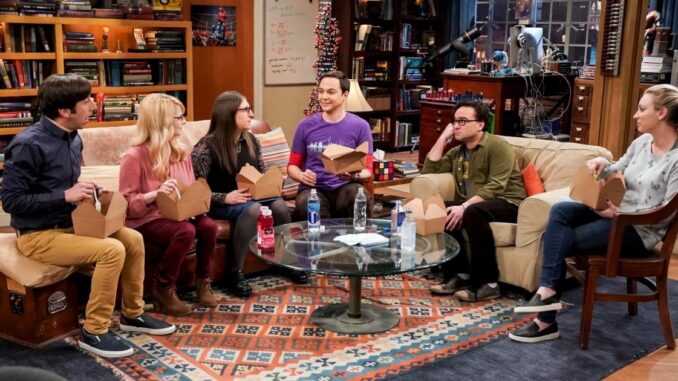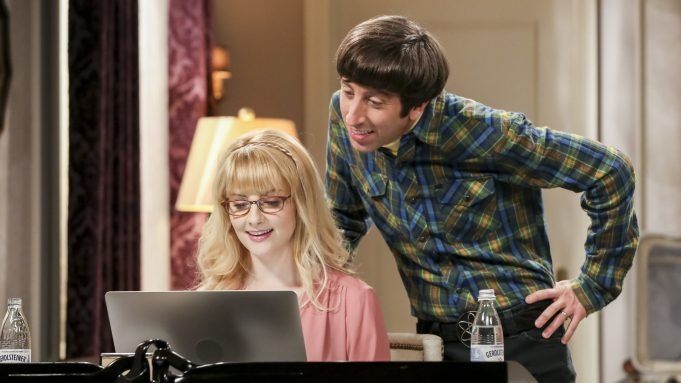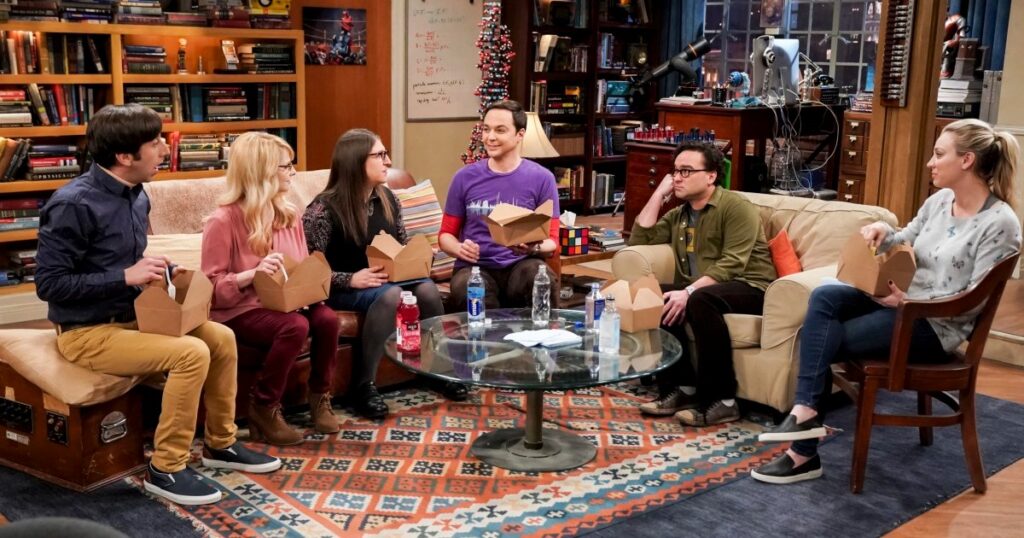
The long-running sitcom The Big Bang Theory gave fans 12 seasons of laughter, romance, and character development. As the series reached its conclusion, the characters found themselves at pivotal moments in their lives, reflecting on both personal and professional growth. From Sheldon and Amy’s unconventional relationship to Penny’s grounded influence on her friends, the finale tied together years of character evolution with emotional depth.
Two Weddings, Two Transformations
One of the most significant relationships in The Big Bang Theory is between Sheldon Cooper and Amy Farrah Fowler. Their relationship is defined by Sheldon’s reluctance to express his emotions and Amy’s patience in dealing with his behavior. After multiple breakups and reconciliations, Sheldon finally realizes in season 11 that Amy is the only person he can envision spending his life with. They are married in the season 11 finale, marking a major milestone in Sheldon’s emotional growth. However, instead of focusing solely on their romance, the show shifts its attention to their shared intellectual achievements, particularly their work in science.
Howard Wolowitz, too, undergoes remarkable growth throughout the series. He begins as an awkward and often inappropriate character, failing repeatedly in his romantic endeavors due to his perverse behavior. His relationship with Bernadette Rostenkowski changes him fundamentally. Although their relationship faces challenges—such as Bernadette breaking up with him in season 4 after discovering his online flirtations—they eventually reconcile. Bernadette helps Howard mature, allowing him to break free from his overbearing mother’s influence and become a more responsible partner and father. The couple marries, has children, and both achieve success in their careers. Howard’s journey from an immature creep to a devoted husband and astronaut exemplifies his transformation.

Penny: The Heart of the Show
Penny, the street-smart, aspiring actress, plays a vital role in balancing the eccentricities of her friends. Throughout the series, she offers practical advice and helps the socially awkward men navigate the real world. Many of the female characters, including Bernadette and Amy, are introduced through Penny’s friendships, making her a central figure in the group’s dynamic.
Over time, Penny also experiences personal growth. She leaves behind her dreams of becoming an actress and instead follows Bernadette into the pharmaceutical industry, transitioning into a more stable, middle-class lifestyle as a sales representative. This career change marks Penny’s shift from a struggling waitress to someone who has found security and fulfillment in adulthood.
The possibility of Penny becoming a mother bookends the series. Early in the show, Penny is anxious about a potential pregnancy, but when the test comes back negative, she feels relieved. In the series finale, however, Penny’s reaction to a positive pregnancy test is one of joy, showcasing how much she has changed. She and Leonard are thrilled at the prospect of becoming parents, signaling a new beginning for the couple.

The Finale: Reflection and New Beginnings
The final episode of The Big Bang Theory ties up several storylines while leaving others open to interpretation. Leonard and Penny’s excitement about their upcoming child is a fitting conclusion to their long journey as a couple. Howard and Bernadette, who have already settled into married life with children, are content with their family and careers.
Raj’s love life remains unresolved, but there’s a hint of optimism as he finds himself dating a famous actress. His transformation from a man unable to speak in front of women to someone capable of romance shows his progress, even though his story remains open-ended.
The biggest moment of the finale belongs to Sheldon. He and Amy achieve their dream of winning a Nobel Prize in physics, a triumph that celebrates their dedication to science. However, Sheldon’s real growth is revealed when he publicly acknowledges the importance of his friends. After years of self-centered behavior, Sheldon finally expresses gratitude to the people who have supported him throughout his life. In a heartfelt speech, he admits, “I was under a misapprehension that my accomplishments were mine alone… I have been encouraged, sustained, inspired, and tolerated not only by my wife, but by the greatest group of friends anyone ever had.”
In the end, The Big Bang Theory concludes with a celebration of friendship, growth, and the importance of human connection, reminding viewers why they fell in love with these characters in the first place.